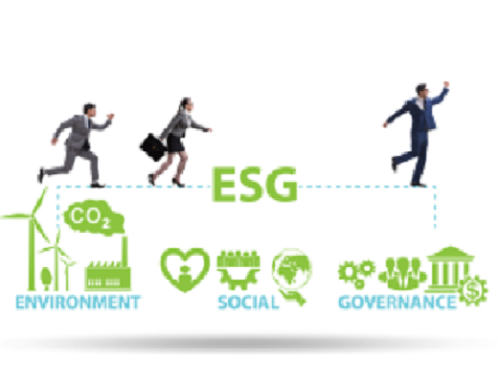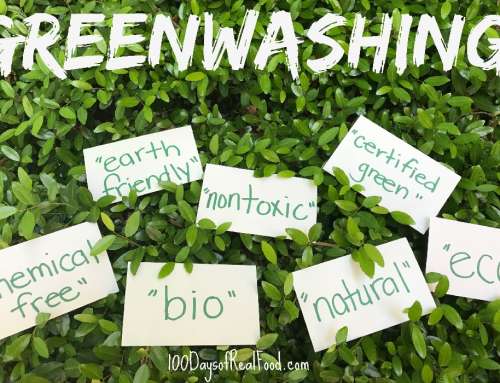Di questi tempi, siamo letteralmente invasi da parole, colori, manifestazioni, dichiarazioni di intenti su tutti i mezzi di comunicazione. La grande corsa alla sostenibilità ha preso il via e non sembra volersi fermare, anche in vista degli obiettivi dell’Agenda 2030. Mancano otto anni: sono relativamente pochi e chi ben comincia è a metà dell’opera. Ma davvero sono partiti tutti con il piede giusto? O è solo greenwashing, ovvero ecologismo di facciata?
Partiamo da un concetto base: il greenwashing non è sempre facile da riconoscere, ma, se sappiamo come fare, possiamo smascherarlo.
Proprio per agevolare stakeholder e consumatori, una recente ricerca (fonte: TerraChoice) ha individuato i “7 peccati capitali” del greenwashing: omessa informazione, mancanza di prove, vaghezza, adozione di false etichette, irrilevanza, male minore e mentire.
Analizziamoli punto per punto.
Il “peccato” di omessa informazione è il più comune e, anche se apparentemente meno grave, è tra i più ingannevoli. È meno grave soltanto perché non è una falsa dichiarazione, ma una omissione di informazioni che possono incidere sull’impatto ambientale del prodotto. Risultato? Nessuna violazione, ma le informazioni sulla filiera del prodotto scarseggiano o sono assenti. Come possiamo essere certi che l’azienda stia dichiarando il vero? Semplicemente, non possiamo. Possiamo però iniziare a pensare che se manca qualche dato, soprattutto sulla filiera (dalle materie prime al packaging), è possibile che ce lo stiano nascondendo.
La mancanza di prove è forse più semplice da scovare. L’azienda dichiara che il suo prodotto è sostenibile ma non fornisce alcuna prova al riguardo, certificazioni di terze parti comprese. Spesso sono proprio le aziende più famose che, sfruttando la loro popolarità e credibilità, si servono di questa pratica.
La vaghezza è un altro elemento ingannevole piuttosto diffuso. Non basta dichiarare la presenza di non ben identificati “ingredienti naturali” o la realizzazione “in armonia con l’ambiente”, a rendere un prodotto sostenibile. Si resta vaghi senza scendere nel dettaglio. A un primo impatto, molti consumatori cadranno nel tranello senza ulteriori verifiche.
Quando si parla di adozione di false etichette, la truffa comincia a essere più subdola. Ecco spuntare sulle etichette simboli, certificazioni, approvazioni di enti non ben identificati, talvolta addirittura inesistenti o creati ad hoc. Anche l’utilizzo massivo del colore verde, sulle confezioni come nelle pubblicità, fa parte di questa pratica.
L’irrilevanza si verifica quando un’azienda fornisce informazioni che non hanno una relazione diretta con la sostenibilità. Per esempio, scrivere “senza propano” su una bomboletta spray, non aggiunge nulla in quanto questo gas è vietato già da diversi anni. Non è scontato però che tutti i consumatori ne siano a conoscenza.
Il male minore è, per esempio, quando si garantisce che un nuovo prodotto inquina meno di uno più tradizionale. L’informazione può essere reale ma il prodotto, di fatto, inquina. Allo stato attuale, questa pratica riguarda anche tutte le auto elettriche, almeno fino a quando non si troverà il modo di utilizzare soltanto energia solare o eolica per alimentarle.
Mentire è certamente il caso di greenwashing più disonesto e anche il meno diffuso. Fornire un messaggio totalmente falso è perseguibile per legge, ma alcune aziende non sono esenti da tale pratica e non sempre è così semplice verificare che il produttore stia dichiarando il falso.
Fin qui, i “peccati”.
Ma qual è il primo accorgimento per il consumatore?
Leggere e ascoltare sempre con attenzione: gli slogan ambientali devono essere chiari e accurati. Già semplicemente cominciando a interrogarsi su questi due requisiti-base della comunicazione, si può gradualmente rendere più faticosa la vita alle aziende che fanno greenwashing.
Mentre le regole contro queste pratiche sleali si fanno via via più stringenti, il consiglio per le aziende che vogliono distinguersi è quello di rivolgersi sempre a enti riconosciuti, terzi e imparziali: le etichette di certificazione ambientale non mentono.




Recent Comments